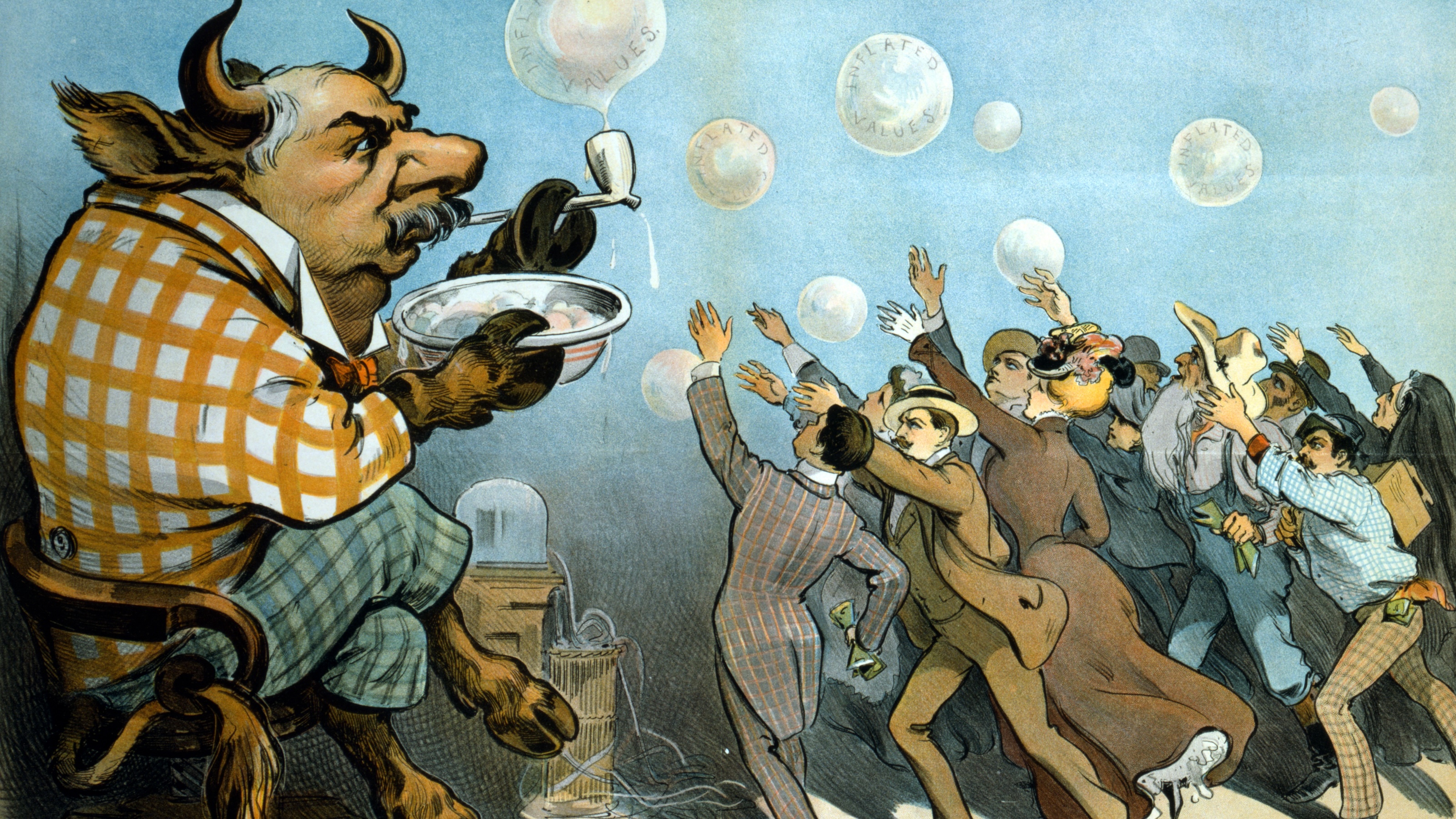Although here are elements of technology that are actually centralizing, essentially technology is decentralizing society.
Question: How is technology changing the way we live?
Peter Thiel: It’s an incredibly important force, and it’s not again determinant that it’s just going to go in one way or another.
Let me say something about both computers and biotechnology, which I think are sort of the two big technology drivers we have in the world today. On the computer side, I think thus far it has basically been driving the world towards more decentralization. It’s basically empowered individuals to make choices and taking power away from centralized governments.
And this had both a very good effect such as we saw with the breakdown of the iron curtain, and the unraveling of the Soviet Union.
And it’s also had the bad effect of empowering evil people to blow up buildings and do a lot of the things that it would have been much harder to do in a previous world.
My sense is we’re still on this decentralization trajectory for some time to come, and that the world is going to continue to therefore shift into a somewhat more libertarian direction. I think more for good than for bad, but it was obviously some bad risks, especially in the global security context.
I think this is by no means set. There are all sorts of debates about this. I think it is quite possible that technology, for example, in 20 or 30 years could once again become a recentralizing force; and that it would become possible to have computers that are actually able to monitor the world, and to centralize information.
And even a company like Wal-Mart in Arkansas can now control a trillion dollars a year worth of merchandise with just a handful of people from Bentonville, Arkansas.
I think there are elements of technology that are actually centralizing. I think the decentralizing ones are the dominant ones. And that’s sort of where the computer revolution is basically headed.
Topic: The biotechnology revolution.
Peter Thiel: The biotechnology revolution is basically headed towards expanding human life. And you know people lived to an age average age of 46 in 1900. It was up to 78 by the year 2000 in the U.S. You know in the early 20th century, _________more in reducing infant mortality. In recent decades, there have actually been more and more in extending the lifespan of adults. And by all indications that is going to continue.
We’re still in the very early stages of this revolution, and I think . . . I think it would be realistic for us to expect to live to, say, age 120 or something like that. I’m not gonna say forever, but I think to say to set one’s expectations that nothing’s going change is very ________ in that respect.
And on the biotech side, I see just this incredible disconnect between the technology and the culture where the technology is enabling us to live longer and longer, and then the culture and all sorts of other factors are encouraging people to have shorter and shorter time horizons.
It’s sort of like a Jerry Springer show where people are making choices like sex with my girlfriend and my girlfriend’s mother. And six months from now, all three of us will be on national TV, and I’ll get beaten up in front a live studio audience. But it doesn’t matter because it’ll really be a different person because it’s not me. Six months from now it’s a different person.
So if you’re living your life as though you’re going to be dead in six months, one of the problems with that is, of course, well first off, it’s bad if you’re dead, but maybe you’re also wrong and you won’t be dead, and instead you’ll just be a person who’s fatter, and less healthy, and has made some bad choices and has stuck with those choices. And given where the technology is headed, you may be stuck with those for like 100 years or more.
I think there are some very interesting things going on with both the biotech and the computer science revolutions; very unclear how they’re going play out. My guess is that technology will dominant the culture ______ biotech. And so people are going to live longer whether they’re planning on it or not. And on the computer side, I see it as being effectively very libertarian for the next few decades. Beyond that, it could go either way.
Recorded on: Sep 05, 2007





